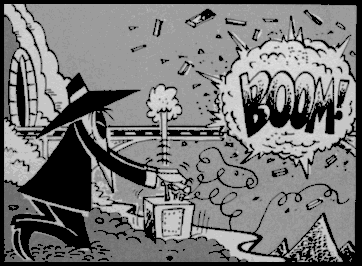

Sustained or serious bullying or deliberately undermining behaviour.
Takenote teacher misconduct solution professional#

This applies to British convictions and overseas conviction where the offence would also have been offence in England and Wales.Īny conviction for which the teacher was imprisoned and any of the following are likely to be relevant offences: The uniquely influential role that teachers play in pupils’ lives is a significant factor as is the fact that pupils must be able to view their teachers as role models.Ĭonviction, at any time, of a relevant criminal offence The new guidance clarifies that if a teacher accepts a caution for any of the criminal offences listed below or displays behaviours associated with those offences they are likely to have committed unacceptable professional conduct and brought the profession into disrepute even if they are not convicted of an offence. This can include conduct outside of education but only if it affects the way the person fulfils their teaching role or it may lead to pupils being exposed to or influenced in a harmful way.

Unacceptable professional conduct and conduct that may bring the profession into disrepute Where a school is in any doubt as to whether to refer to NCTL, they should refer.Other matters, such as incompetence, should be dealt with locally. The NCTL should only be involved in the most serious cases of misconduct.The regulatory system applies to anyone undertaking teaching work in any school.This is the same guidance that schools will need to consider when deciding whether or not to report to the NCTL. In January 2014, the Department for Education issued revised guidance on the factors which are to be considered by a professional conduct hearing panel when deciding whether to recommend that the teacher should be prohibited by the Secretary of State from carrying out any further teaching work. However, first they need to consider whether they have to refer the allegation of teacher misconduct to the National College for Teaching & Leadership (“NCTL”). If the disciplinary process ends in dismissal (or would have done if the teacher had not resigned before the process concluded), schools may be tempted to turn their primary focus to other matters. Head teachers and potentially Governors may need to suspend the teacher in question, consider whether live-in teachers should remain on site during the investigation and conduct a fair and appropriate disciplinary process. Employment law also has its role to play. Clearly a host of issues arise – child protection, managing parent and pupil concern and dealing with adverse publicity to name some of the most obvious. One of a head teacher’s worse fears has to be receiving an allegation of serious misconduct by one of their teachers. Revised guidance from the Department for Education may help schools with their reporting obligations.


 0 kommentar(er)
0 kommentar(er)
